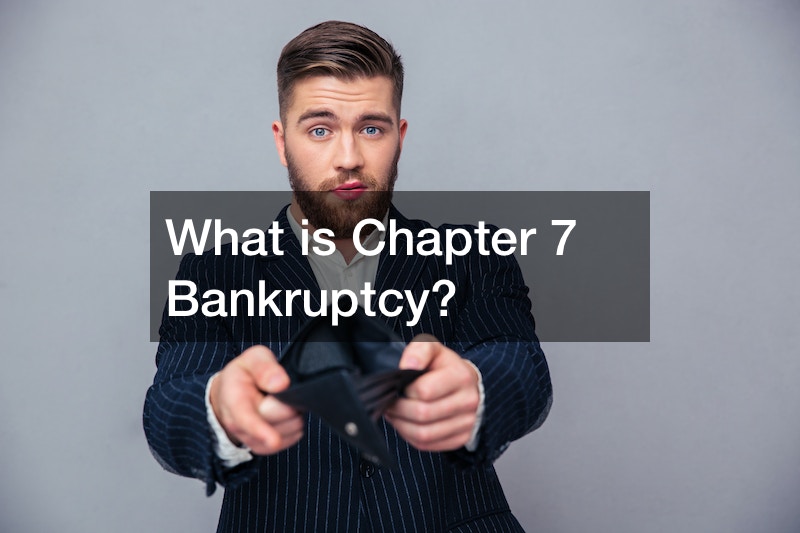Chapter 7 bankruptcy, often referred to as liquidation bankruptcy, is a legal process designed to provide individuals or businesses a fresh start by discharging certain debts through the sale of non-exempt assets. It’s the most common form of bankruptcy filed by individuals in the United States and the details of how chapter 7 works is outlined here in this YouTube video.
In a Chapter 7 bankruptcy, a trustee is appointed to oversee the process. The debtor’s non-exempt assets are sold or liquidated to repay creditors.
However, many assets may be protected through exemptions outlined in bankruptcy laws, allowing debtors to retain essential possessions such as a home, vehicle, and personal belongings.
The goal of Chapter 7 bankruptcy is to discharge unsecured debts, such as credit card debt or medical bills, providing relief to the debtor from overwhelming financial obligations. Once debts are discharged, creditors are prohibited from pursuing further collection attempts.
To qualify for this kind of bankruptcy, individuals must pass a means test, demonstrating that their income is below a certain threshold. Businesses may also file for Chapter 7 to liquidate assets and cease operations. It takes special care and consideration to qualify for this option.
While Chapter 7 offers a clean slate by discharging eligible debts, it may involve the liquidation of assets, and not all debts can be discharged, such as certain tax obligations, student loans, and child support payments. Consulting a bankruptcy attorney is crucial to understanding eligibility, exemptions, and the implications of filing for Chapter 7 bankruptcy.
.







